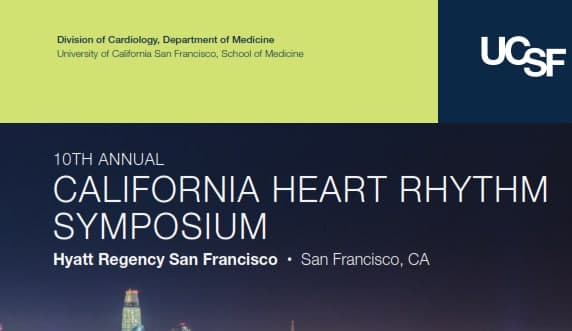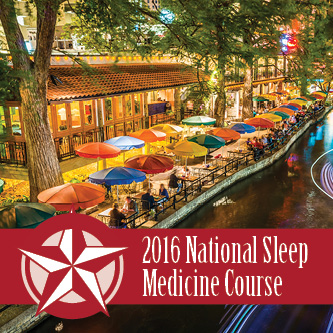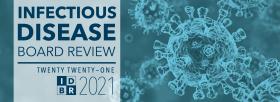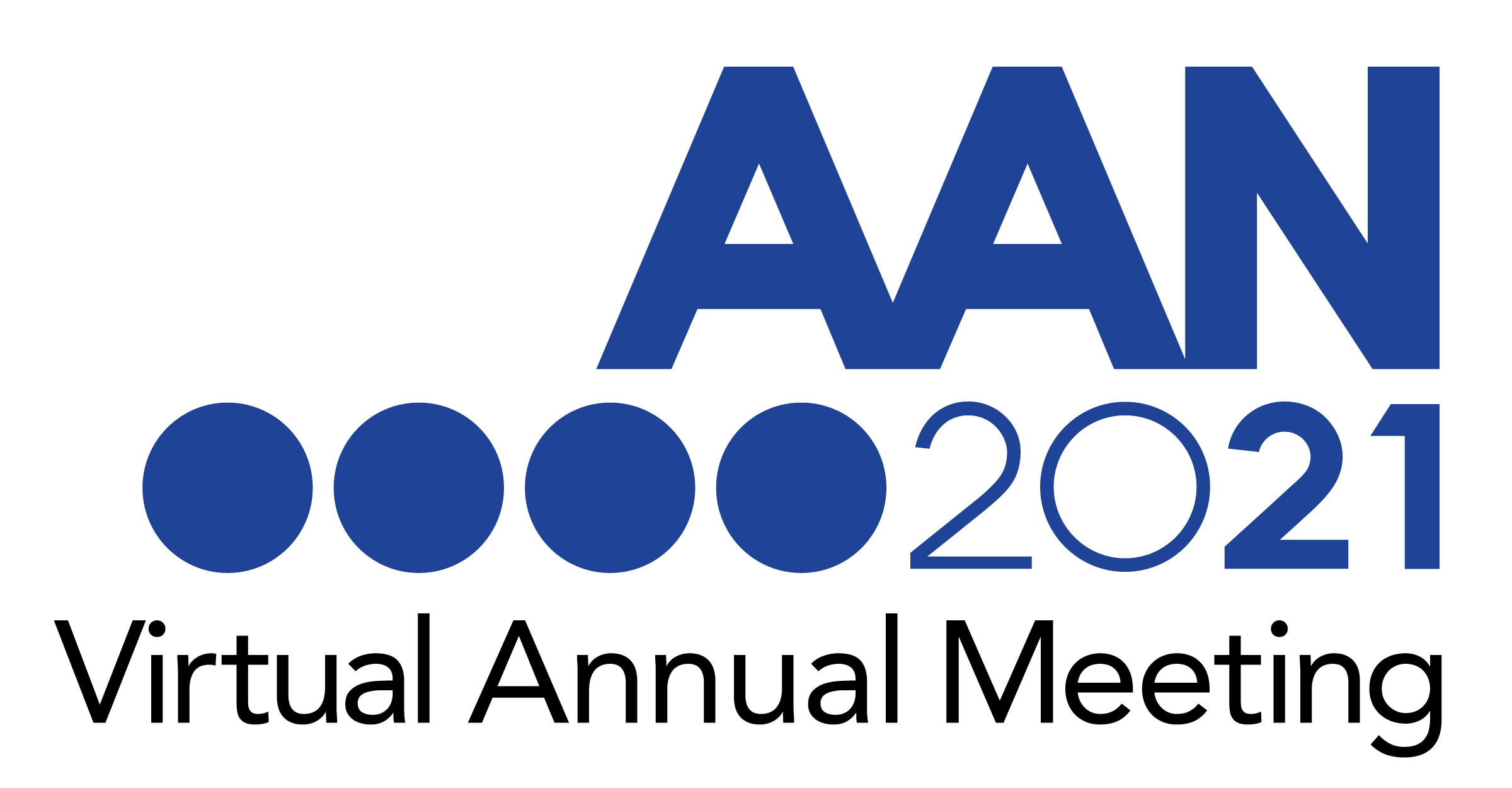-82%
Atrial Fibrillation
Understanding Atrial Fibrillation
- Mechanism of Atrial Fibrillation
-
Unveiling the intricacies of atrial fibrillation through advanced imaging and mapping techniques.
-
Risk Factors and Prevention
-
Exploring the key factors associated with atrial fibrillation and uncovering strategies for reducing its occurrence.
-
Catheter Ablation
-
Assessing the effectiveness of catheter ablation in preventing dementia and its implications for patient care.
-
Anticoagulation
-
Evaluating the benefits and risks of anticoagulation in low-risk individuals with atrial fibrillation.
-
Ablation Techniques
-
Comparing the outcomes and approaches of cryoballoon ablation versus radiofrequency ablation for atrial fibrillation.
-
Advanced Ablation Strategies
-
Delving into innovative techniques for managing persistent atrial fibrillation beyond pulmonary vein isolation.
-
Endocardial versus Epicardial Isolation
-
Investigating the role of different ablation methods in targeting the left atrial appendage for optimal outcomes.
-
Asymptomatic Atrial Fibrillation
- Uncovering the potential implications and management strategies for asymptomatic atrial fibrillation.
Panel Discussions
- Atrial Fibrillation Panel Discussion
- Engaging experts in a thought-provoking discussion on the latest advances in atrial fibrillation management.
Cardiac Sarcoidosis and ARVD
Pulmonary Evaluation
- Pulmonary Manifestations of Sarcoidosis
- Assessing the respiratory involvement in sarcoidosis and its impact on cardiac function.
Rheumatologic Evaluation and Treatment
- Management of Cardiac Sarcoidosis
- Exploring the role of rheumatologists in diagnosing, treating, and monitoring cardiac sarcoidosis.
Arrhythmogenic Right Ventricular Cardiomyopathy
- Diagnosing ARVD
-
Identifying the challenges and nuances of diagnosing arrhythmogenic right ventricular cardiomyopathy accurately.
-
ARVD Treatment Options
-
Delving into the available therapeutic strategies for managing arrhythmogenic right ventricular cardiomyopathy.
-
Ablation Therapy for ARVD
- Evaluating the role of ablation therapy in preventing and treating ventricular arrhythmias in ARVD patients.
Inherited Arrhythmias
- Insights from Sudden Cardiac Death Studies
-
Uncovering new perspectives on sudden cardiac death through comprehensive postmortem investigations.
-
Brugada Syndrome
-
Exploring innovative interventional therapies aimed at eliminating the underlying electrical instability in Brugada syndrome.
-
Post-Infarction Management
- Weighing the pros and cons of using a LifeVest for post-infarction patients with reduced ejection fraction.
New Therapies for Heart Failure
Pacing and Implantable Devices
- S-ICD and Novel Pacing Approaches
-
Identifying the appropriate indications and techniques for using subcutaneous implantable cardioverter-defibrillators and advanced pacing strategies.
-
His Bundle and Left Bundle Branch Pacing
- Assessing the benefits and risks of specialized pacing techniques for managing conduction disorders and heart failure.
Ablation and Device Therapy
- AF and CHF: Ablation as First-Line Therapy
-
Examining the potential advantages of ablation therapy as a primary treatment option for atrial fibrillation in heart failure patients.
-
ICD Implantation in DCM
-
Determining the criteria for implanting an implantable cardioverter-defibrillator in dilated cardiomyopathy patients without evident arrhythmias.
-
Wearables and Arrhythmias
- Exploring the emerging role of wearable devices in monitoring and managing arrhythmias in heart failure patients.
Panel Discussions
- New Therapies for Heart Failure Panel Discussion
- Engaging experts in a comprehensive discussion on cutting-edge therapies and future directions in heart failure management.
HIS-Bundle Pacing Debate
- HIS-Bundle Pacing as First-Line Therapy
-
Presenting the arguments in favor of HIS-bundle pacing as the preferred treatment for AV block with preserved left ventricular function.
-
HIS-Bundle Pacing as Second-Line Therapy
- Counterarguing the use of HIS-bundle pacing as a second-line option, exploring alternative treatments and potential disadvantages.
Ventricular Tachycardia
VT Mechanisms and Localization
- Decoding VT Mechanisms
-
Unveiling the underlying electrical mechanisms responsible for various types of ventricular tachycardia.
-
ECG Recognition and Localization
- Enhancing diagnostic accuracy by interpreting ECG patterns and localizing the source of idiopathic ventricular tachycardia.
Ablation Strategies
- Mapping and Ablation Techniques
-
Sharing pearls and techniques for effectively mapping and ablating left ventricular summit and intramural premature ventricular contractions and ventricular tachycardia.
-
Prophylactic Ablation in LVAD Patients
-
Exploring the potential benefits and risks of prophylactic ablation in patients receiving left ventricular assist devices.
-
Neuromodulatory Therapies
- Investigating the role of novel neuromodulatory approaches in treating and preventing ventricular tachycardia.
Advanced Therapies
- Stereotactic Body Radiation Therapy
- Evaluating the effectiveness of stereotactic body radiation therapy in managing refractory ventricular tachycardia.
Panel Discussions
- “Bailout” Approaches Panel Discussion
- Discussing the advantages and limitations of various “bailout” techniques for managing ventricular tachycardia.
VT Ablation Debate
- VT Ablation as First-Line Therapy
-
Advocating for VT ablation as the primary treatment option in patients with monomorphic ventricular tachycardia and no implantable cardioverter-defibrillator.
-
VT Ablation as Second-Line Therapy
- Arguing that VT ablation should be considered only after implantable cardioverter-defibrillator implantation in patients with monomorphic ventricular tachycardia.
Rebuttals
- VT Ablation as First-Line Therapy: Rebuttals
- Addressing and countering the arguments against VT ablation as the first-line treatment for monomorphic ventricular tachycardia.
maybe you like these too:
- Core Concepts in EP 2021 w/ Board Prep and Self Assessment (Videos+PDFs+Self-Assessement)
- 2021 Harvard Update in Clinical Cardiology (Videos)
- Mapping of Atrial Tachycardias post-Atrial Fibrillation Ablation, An Issue of Cardiac Electrophysiology Clinics, 1e (Original PDF from Publisher)
- Malaysian Heart Rhythm Summit (MHRS) 2020 (VIDEOS)










Reviews
Clear filtersThere are no reviews yet.